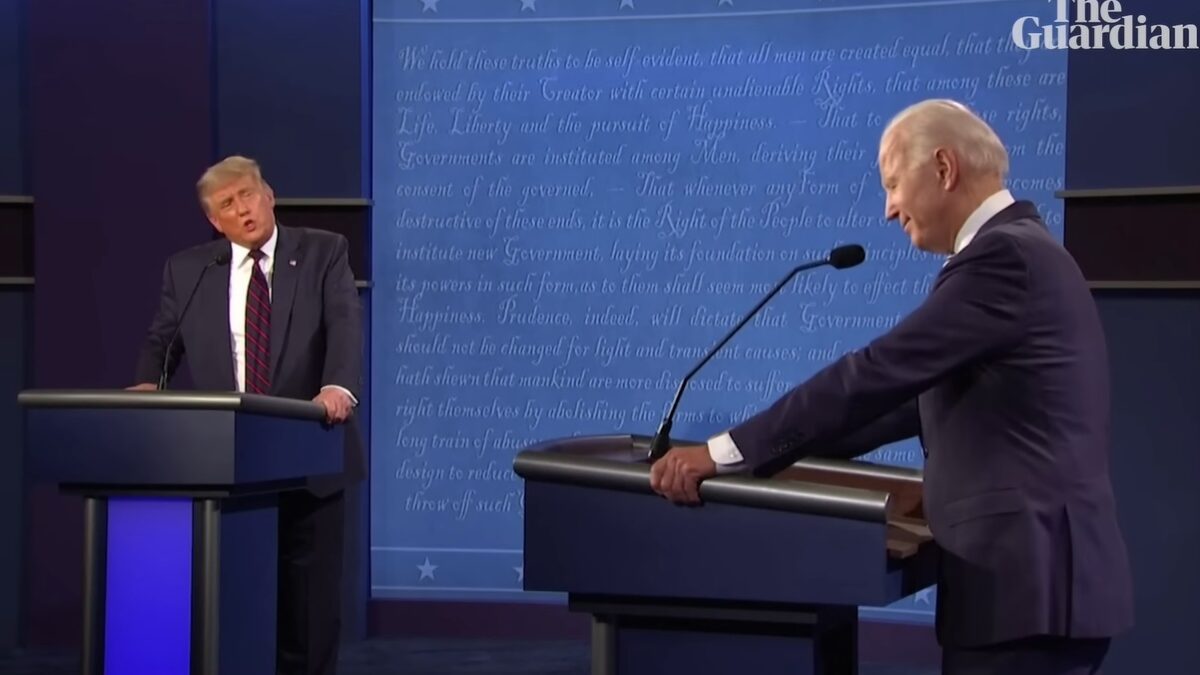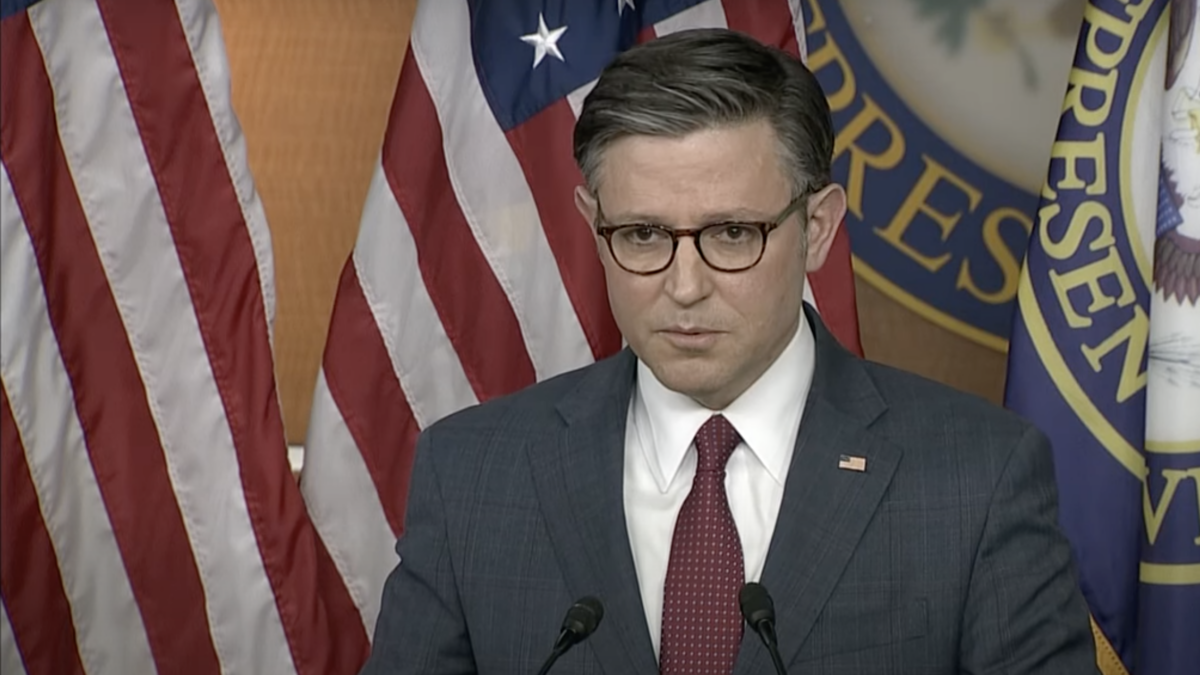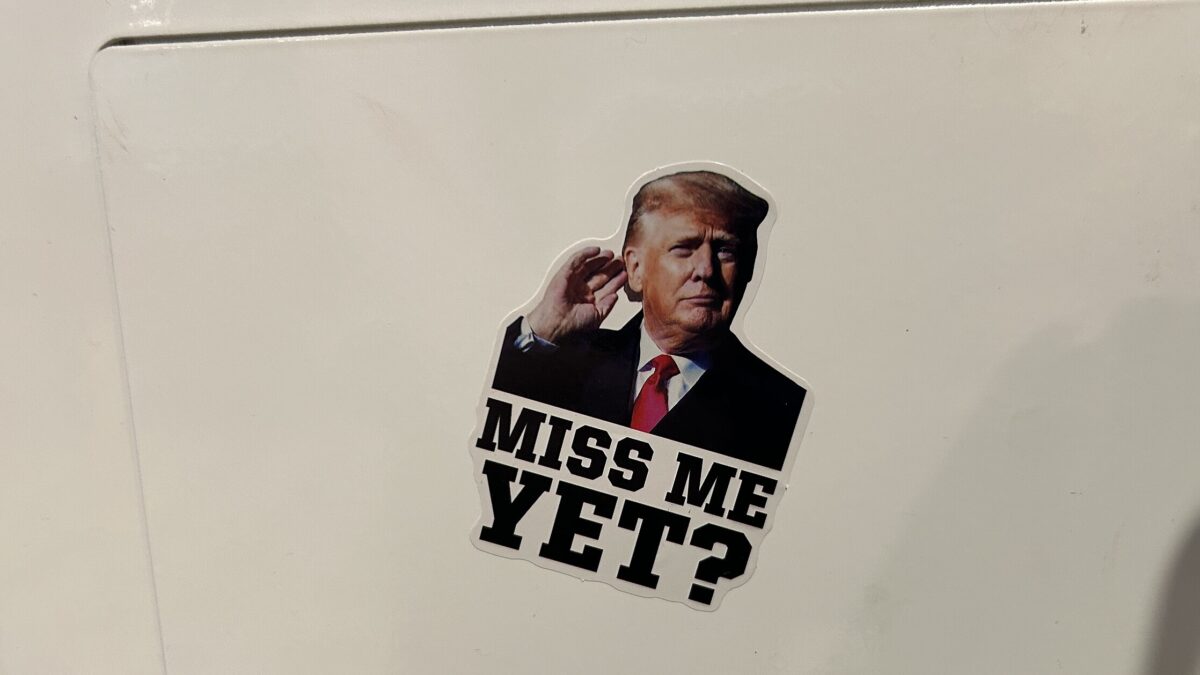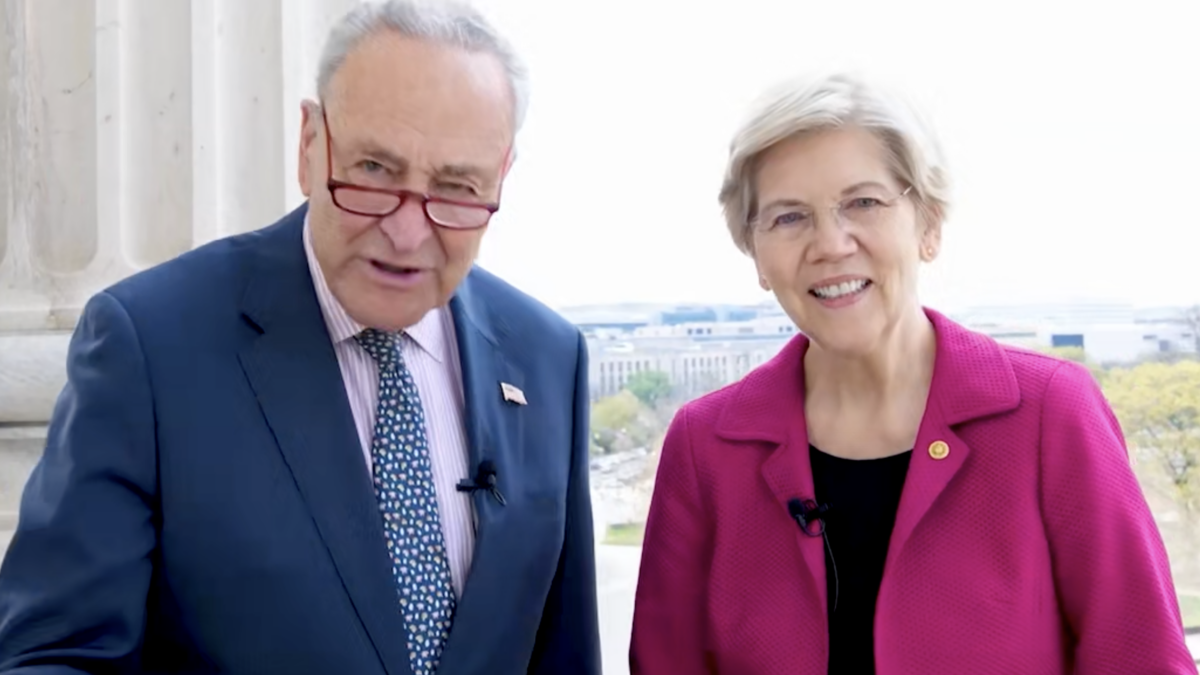
On Fox News this week, Democratic operative Brad Woodhouse accused National Review editor Rich Lowry’s criticism of President Obama’s foreign policy of being “almost treasonous.”
“Rich, you sound like an apologist for Putin and almost treasonous against the United States,” Woodhouse exclaimed. “I mean, my God.”
Almost. Woodhouse later walked back his comment (sort of), but let’s be honest, questioning the patriotism of conservatives is nothing new, especially when it comes to foreign policy. If you were a Republican — or even someone temporarily and tepidly allied with Republicans, like Chuck Schumer — who opposed the Iran deal you were treated as someone actively working to undermine U.S. security. And if you happened to be a senator who signed a strongly worded letter to Iran’s leaders, well, hundreds of thousands of Americans would sign a petition demanding you be prosecuted for sedition.
This kind of accusation isn’t just bubbling up from a passionate left-wing base that was once rightly irritated by Ari Fleischer’s warning that Americans should watch what they say. It’s the president, too. “It’s those hard-liners who are most comfortable with the status quo. It’s those hard-liners chanting ‘Death to America’ who have been most opposed to the deal,” Obama, confusing incidental alignment with a shared purpose, once claimed. “They’re making common cause with the Republican caucus.”
Throughout the 2012 presidential race, Joe Biden and others regularly accused Republicans of “betting against America” because they have different ideas about unions, cronyism, regulatory schemes, and higher tax rates (which many Democrats believe is form of patriotism). During the debate over the debt ceiling, liberals regularly accused Republicans of attempting to sink the entire economy just to hurt the president’s prospects. “Unfortunately, it’s pretty much a certainty that republicans are trying to damage the economy to deny Obama reelection,” tweeted Josh Marshall. Many senators, including Harry Reid and Barbara Boxer, offered almost identical sentiments.
Patriotism is nationalistic devotion to one’s country and the values that make it great. What are those ideas today? Liberals are a bit uncomfortable with overt displays of nationalism, which they tend to view as jingoistic, but they have no problem attaching the label “patriotic” to their own pet partisan causes. Instead of a Patriot Act we have “economic patriotism.” And if a person vigorously opposes “patriotism,” then logic dictates that he is contesting ideals that make this nation great.
So it makes complete sense when someone like David Plouffe feels comfortable accusing the GOP of committing “economic treason” or Hillary Clinton—who was once “sick and tired of people who claimed that if we debate and disagree with an administration somehow we are not patriotic”—compares Republican candidates to terrorist groups.
Democrats get away with these kind of ad hominem attacks without any hyperventilating media reaction for obvious reasons. Many editorial boards use comparable rhetoric. So do columnists in almost every major paper. Paul Krugman, who writes for the most revered newspaper of the educated liberal, regularly alleges that free-market advocates are hoping to institute disorder. Does the average liberal believe a major political party that represents around half of American voters is maliciously working to destabilize the United States and rooting for us to fail abroad?
No doubt, there are some Beltway types cynically using this formulation because it’s an effective weapon, even though they know full well that Republicans have the same motivations Democrats do — winning elections. And no doubt the GOP isn’t innocent in this regard, either.
Part of the problem is that we no longer truly have common definition for patriotism. Maybe we never did. What’s an American ideal these days? Immigration. Diversity. Equality. Diplomacy. Whatever the topic of the day, the Left’s position is exactly what makes this nation great. When Obama speaks about our long-held principles, I don’t recognize them. If I were to accept his Osawatomie, Kansas speech, probably the president’s most potent attempt at retroactively integrating the progressive ideal into the broader American cause, I’d probably believe free-market conservatives were a Fifth Column, too.
So partisans convince themselves that anyone who confronts their president, or their future president, is engaged in acts of subversion. When you make no distinction between your ideology and your patriotism, what else can we expect? When engaging in politics is tantamount to patriotism, when the state is solution to all our problems, anyone who obstructs the consecrated agenda must look like an enemy of decency.
Then again, maybe most Republicans are just rooting for a better president and against a Slavic autocrat? Maybe, just like Harry Reid, when he argued that the Iraq War was lost and the United States couldn’t win it, Lowry was just being a pessimist or a realist. Maybe pointing out a president’s foreign policy failures is not an act of sedition? But as long as there really is no price to pay for throwing around this kind of language, charges of treason and dual loyalty are only going to become more frequent as the Left become more frustrated and foreign policy failures continue compound.
Unless, of course, a Republican wins the presidency and dissent once again becomes a valued aspect of American politics.









